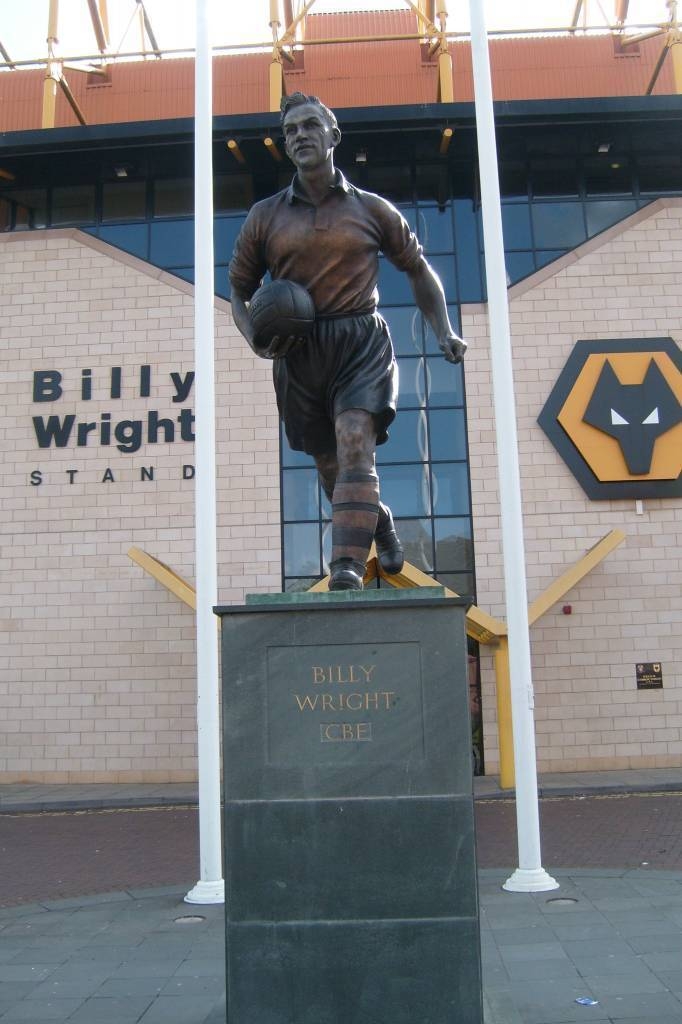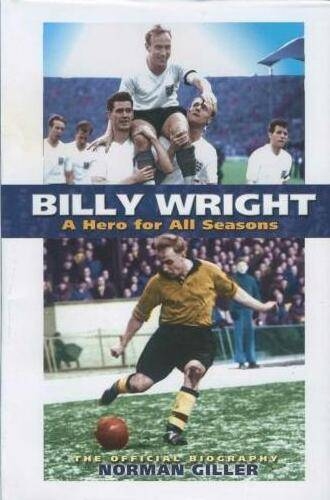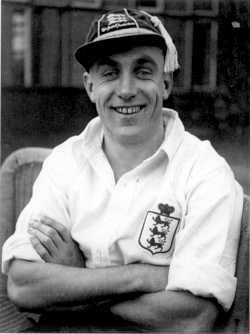Wolverhampton Wanderers Football Club.
Club Honours
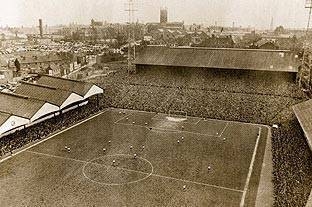
First Division Champions 1953/54, 1957/58, 1958/59
Runners-up
1937/38, 1938/39, 1949/50, 1954/55, 1959/60
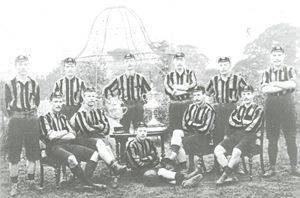

FA Cup winners
1893, 1908, 1949, 1960
Runners-up 1889, 1896, 1921, 1939
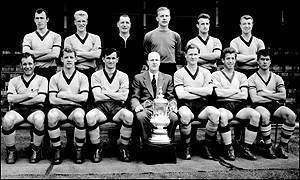
FA Charity Shield
winners
1949, 1954, 1959, 1960
Runners up
1958
Football League Cup winners 1974, 1980
Div One / Championship
champions 2017, 2009
Play-off winners 2003
UEFA Cup
1971/72 (runners-up),
Second Division Champions 1931/32, 1976/77
Runners-up
1966/67, 1982/83
Div Three Champions
1923/24 (North), 1988/89
Division Four Champions
1987/88
Sherpa Van Trophy winners
1988
Texaco Cup winners
1971
_____________________________________
Wolverhampton Wanderers Football Club.
Club Honours

First Division Champions 1953/54, 1957/58, 1958/59
Runners-up
1937/38, 1938/39, 1949/50, 1954/55, 1959/60


FA Cup winners
1893, 1908, 1949, 1960
Runners-up 1889, 1896, 1921, 1939

FA Charity Shield
winners
1949, 1954, 1959, 1960
Runners up
1958
Football League Cup winners 1974, 1980
Div One / Championship
champions 2017, 2009
Play-off winners 2003
UEFA Cup
1971/72 (runners-up),
Second Division Champions 1931/32, 1976/77
Runners-up
1966/67, 1982/83
Div Three Champions
1923/24 (North), 1988/89
Division Four Champions
1987/88
Sherpa Van Trophy winners
1988
Texaco Cup winners
1971
_____________________________________
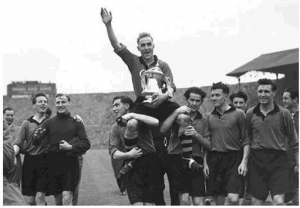
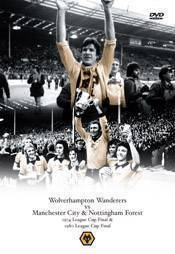
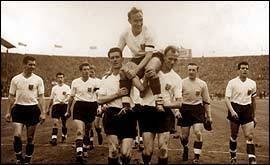

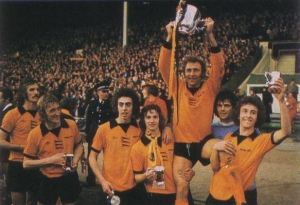
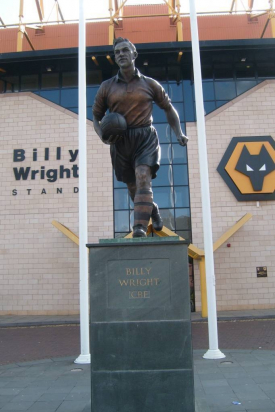
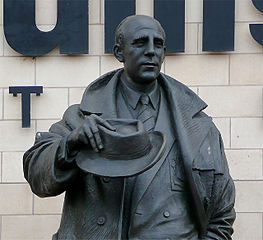
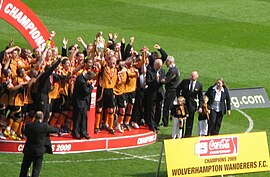
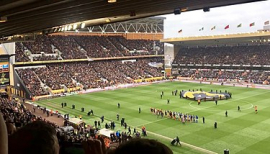
Billy Wright CBE.
Born in Ironbridge, Shropshire, he played in the wing-half and other defensive positions. Wright was the first ever player to represent his country a hundred times. He captained England during their campaigns at the 1950, 1954 and 1958 World Cup finals. His association with Wolves began in 1934 when he was taken on as a member of their ground staff. He was only 14 years old when he made his debut for Wolves in a B team game against Walsall Wood in the Walsall Minor League after being accepted on an eight month trial by Major Frank Buckley. He made his first team debut for the club aged just 15 in a 2-1 win at Notts County in 1939. He became club captain soon after the end of the conflict, with the playing retirement of Stan Cullis. With Wright leading the team, they won the First Division title three times (1954, 1958 and 1959) as well as the FA Cup in 1949. He was a virtual ever-present, missing only 31 games for Wolves during the 1950s.
He became manager of England's youth team in 1960, before being appointed manager of Arsenal in 1962, replacing George Swindin. Initially Arsenal started strongly under Wright, finishing seventh in 1962-63 and qualifying for Europe for the first time in their history, but failed to build on this. Wright enjoyed mixed success with his signings, who included successes such as Bob Wilson, Joe Baker and Frank McLintock, but also less successful players such as Ian Ure.
Life after footballWright was a minor media personality, and his marriage to Joy Beverley of the Beverley Sisters (at a time long before the era of footballers being known for having celebrity girlfriends) was one of the most successful showbiz marriages. After leaving management, he became a television pundit and Head of Sport for ATV and Central Television, before retiring in 1989. However, the following year, he joined the Board of Directors at Wolverhampton Wanderers as part of the takeover by Sir Jack Hayward. He died from stomach cancer on 3 September 1994, aged 70. HonoursWright was awarded the CBE for services to football soon after his retirement in 1959. He was made an inaugural inductee of the English Football Hall of Fame in 2002 in recognition of his impact on the English game. He was named the Midlands' greatest footballer by BBC Midlands Today following a public vote in May 2007. A statue of him was erected beside Wolves' Molineux Stadium in memory of him in 1996, three years after the completion of a stand at the stadium named in honour of him. Wright did live to see the stand being named after him, but had died by the time the statue was erected. References
|
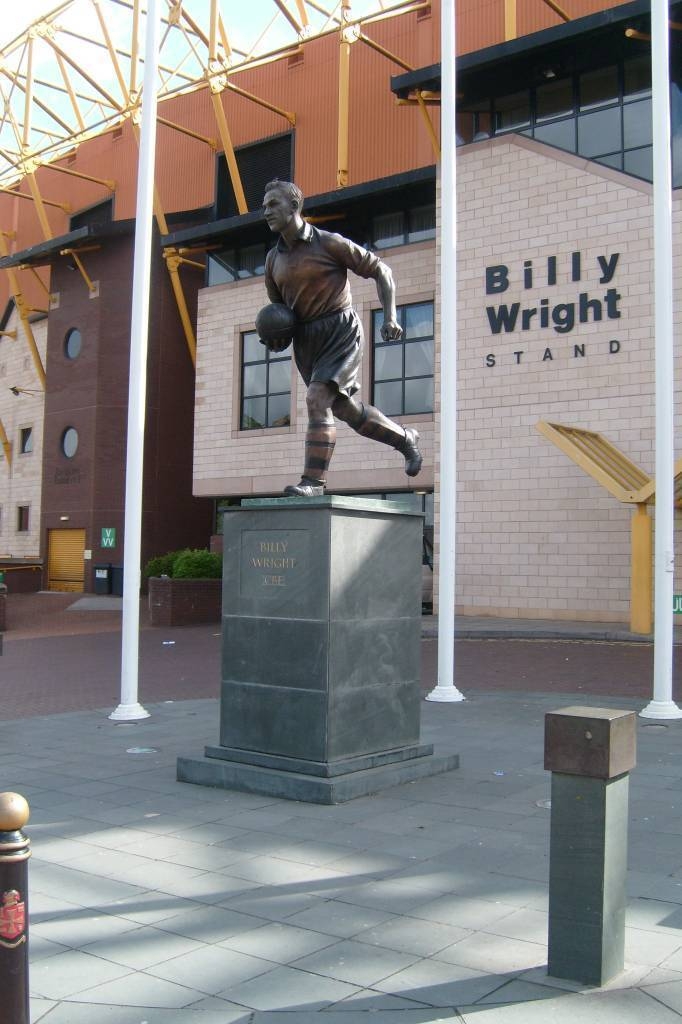   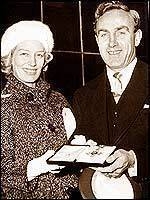  |


